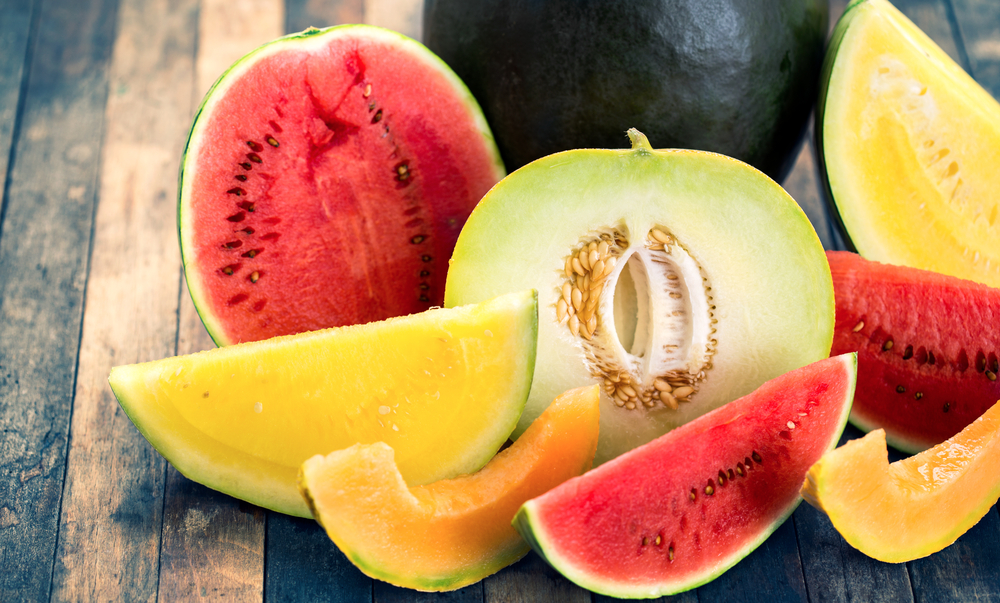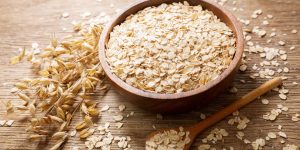Incorporating melon into your daily diet during the summer is a refreshing and healthy choice.
Others are reading now
Incorporating melon into your daily diet during the summer is a refreshing and healthy choice.
According to Alimente melon has many benefits.
A Hydrating Summer Delight
Melon is highly hydrating, containing nearly 90% water, making it perfect for staying hydrated during the hot months of July, August, and September.
Beyond hydration, melon offers a delicious taste and numerous health benefits. It is rich in vitamins A, B, C, and E, and essential minerals like potassium, calcium, and iron.
Also read
Its low calorie and sugar content compared to other fruits like bananas or mangoes make it an ideal option for those seeking to maintain a balanced diet without worrying about weight gain.
Nutritional Powerhouse
Melon is also known for its diuretic and anti-inflammatory properties, making it an excellent ally for maintaining healthy kidneys and preventing constipation, acting as a natural laxative.
Additionally, its electrolyte content helps balance body fluids, crucial for proper bodily functions during the summer.
One of the primary benefits of consuming melon is its ability to hydrate the body, which is essential for cardiovascular health and kidney function.
Melon is a great source of vitamin C, important for collagen production, necessary for the health of bones, cartilage, and blood vessels. The beta-carotene in melon, an antioxidant that converts to vitamin A in the body, enhances eye health and strengthens the immune system.
Furthermore, melon is rich in folate (vitamin B-9), which is vital for red blood cell production and can help prevent anemia, making it highly recommended for pregnant or breastfeeding women.
Best Times to Enjoy Melon
Melon can be enjoyed at any time of the day, but certain times can maximize its benefits. Eating melon in the morning provides instant hydration and energy due to its water and natural sugar content, making it an excellent component of a healthy breakfast.
Consuming it as a snack during the day can help maintain satiety between meals, thanks to its low calorie and high fiber content, thereby reducing the intake of less healthy foods.
After exercise, melon can be a superb choice for rehydration and replenishing glycogen stores due to its high water and carbohydrate content. While some people prefer to avoid high-sugar fruits like melon at night to prevent potential blood sugar spikes during sleep, this can vary from person to person.
It’s essential to listen to your body and consult a healthcare professional if you have specific concerns.








